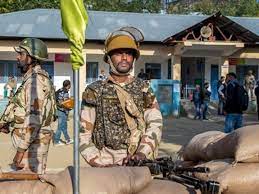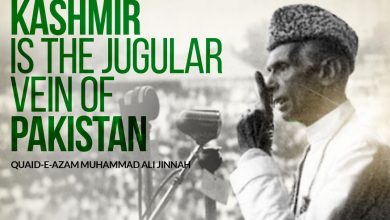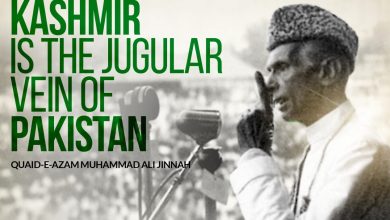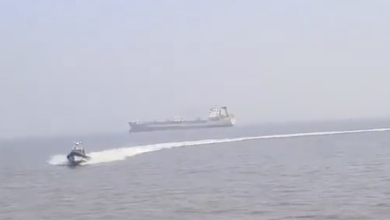
As the sham polls in Indian illegally occupied Jammu and Kashmir (IIOJK) approach, doubts and despondency are rising. India, as it has in the past, is marketing these sham polls internationally to deceive world opinion and delay the resolution of the longstanding Kashmir dispute. This is part of the worst ‘Chanakya style’ politics practiced by Indian leadership from Nehru to Modi.
It is time for Indian leadership to learn from the 2024 Indian parliamentary elections, in which the public rejected the much-discussed third-term mandate for Modi and brought the Hindutva leaders to their knees.
Using the Indian Supreme Court, the BJP-led coalition decided to hold these sham polls in Kashmir. The Supreme Court’s order was a disgrace to India’s justice system, with the judiciary’s ‘godfathers’ coming to the rescue of Hindutva leaders by rejecting appeals against the abrogation of Article 370. This proved that in India, Hindutva leaders are free to pursue their agendas, even if it means turning Kashmir, a region with a significant influx of local and foreign tourists, into another battleground. The Supreme Court’s decision to proceed with elections under the Indian Army and paramilitary forces was aimed at ensuring results favorable to them.
Now, with the sham elections looming, the Indian government must choose between conducting polls akin to those of 1977 or 1987, both of which were heavily rigged by Indian governments. Kashmiris should be reminded that there is no substitute for the plebiscite promised to them on the platform of the United Nations Security Council.
Political analysts note that in 1977, Sheikh Abdullah renamed the Plebiscite Front as the National Conference and signed the notorious Indira-Abdullah Accord of 1975 during the emergency imposed by Indira Gandhi. Sheikh Abdullah remained in power throughout this period, which contributed to the downfall of Indira Gandhi’s government and the rise of the Janata Party (the predecessor of the Bharatiya Janata Party) in the 1977 general elections.
In 1977, the Janata Party, led by Morarji Desai, came to power in India. This shift led to the flourishing of political forces in Kashmir, including the Plebiscite Front, Jamaat-e-Islami, and the Awami Action Committee. Sheikh Abdullah was forced to reassess the role of leaders like Mirwaiz Molvi Farooq, Syed Ali Gilani, and Mohiuddin Karra, who were seen as pro-Pakistan elements.
The Indian establishment manipulated the situation, and the National Conference regained power despite massive turnout of 68 percent. The party won 47 out of 76 seats.
A similar situation unfolded in 1987 when Kashmir was influenced by the green wave of the Muslim United Front (MUF). A film about the Libyan freedom fighter Omar Mukhtar sparked enthusiasm among Kashmiri youth, leading to the formation of the anti-Indian MUF alliance. However, pro-Indian politicians used this momentum to influence the Indian establishment about Kashmiri sentiments.
The 1987 elections, like those in 1977, were manipulated by the Indian establishment. Despite a 75 percent turnout in favor of anti-India parties, the Indian government disregarded Kashmiri votes and awarded more than 40 seats to their preferred parties, such as the National Conference and Congress.
The elections on March 23, 1987, resulted in a hung assembly, with Rajiv Gandhi’s Congress as a partner and Farooq Abdullah as Chief Minister. The elections were widely perceived as rigged by Indian and international media. Consequently, Kashmiris decided to boycott future elections, which led to a low turnout in subsequent Indian parliamentary elections.
The rigging of these elections drove Kashmiri youth toward a large-scale liberation movement, which India responded to with severe repression. Despite international pressure, India launched extensive violence and repression in Kashmir.
The Indira-Abdullah Accord of 1975 was harmful to both Kashmiris and India, and another accord signed by Rajiv Gandhi and Farooq Abdullah further fueled Kashmiri resistance.
Currently, with the BJP-led Indian government having abrogated Article 370 and stripped Kashmiris of their special status, the political landscape has been marked by negative tactics and black laws aimed at altering Jammu and Kashmir’s demographic composition.
Political analysts are questioning whether this situation might lead to Indian disintegration, given the resistance movements in more than nine Indian states.
The writer is a working journalist and can be reached at ishfaq@journalist.com








